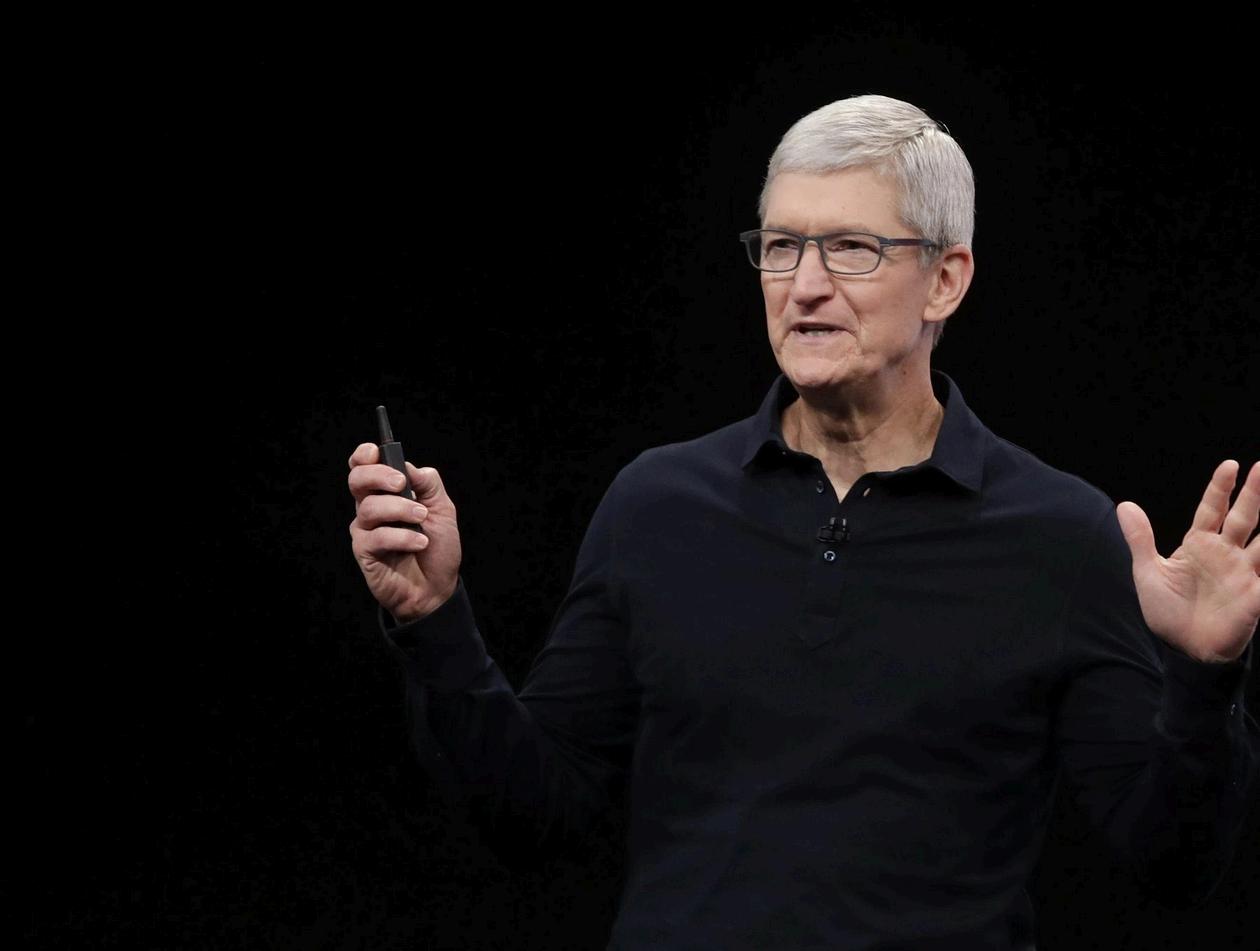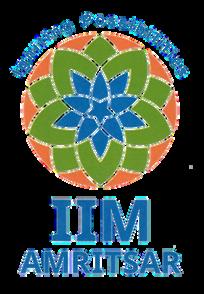
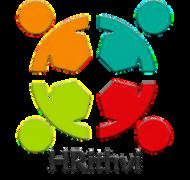

THE EVOLVING SOCIAL CONTRACT AT WORK THE EVOLVING SOCIAL CONTRACT AT WORK




THE EVOLVING SOCIAL CONTRACT AT WORK THE EVOLVING SOCIAL CONTRACT AT WORK
Prof. Samir.K.Srivastava
Director IIM Amritsar
The theme of this edition, “Shifting Grounds: The Evolving Social Contract at Work,” captures the reality of our times. It is a very pertinent theme as the workplaces across the globe are experiencing profound transformation driven by technology, generational aspirations, and changing societal expectations. What once seemed stable is now being continuously redefined, and organizations must adapt swiftly to remain relevant
For our students, these shifts are not just challenges but opportunities to learn, to question, and to contribute. They represent the need for agility, curiosity, innovation and above all, the challenges of managing responsibility as future leaders. Tomorrow’s workplace will not be shaped by systems and processes alone, but by people who are willing to rethink conventions and craft innovative solutions to build trust in new ways.
Ekagra 10 0 curates these diverse voices that highlight these changes and their implications May this edition inspire readers to reflect deeply on how work, workers, and organizations and social contracts are evolving and how each of us can play an important role in shaping a more resilient and humane future.


Dr. Vartika Dutta Assistant Professor Department of OBHR
Dear Readers,
It is my great pleasure to write this message for another edition of our Ekagra 10 0, with the theme "Shifting Grounds: The Evolving Social Contract at Work."
This theme could not have been more timely or more prescient, for we are seeing unprecedented shifts in workplace, work and workforce and organizations are grappling to survive and thrive in a rapidly shifting world
For centuries, the social contract in the workplace what the organization expects of employees and what employees, in return, expect from the organization was constant, even predictable Employment used to mean security, loyalty was taken for granted, and careers were frequently constructed within the same four walls of a single firm. But now that foundation is crumbling quickly Technology, globalization, gig economy, changes in population, and even pandemics have reconfigured the shape of this contract. Even the very definition of "work" and "workplace" has been altered
At one level, organizations are demanding more agility, innovation, and resilience At another, workers are claiming their right to meaning, flexibility, well-being, and fairness. The social contract is no longer signed in invisible ink; it is being negotiated transparently, at times controversially, but more often with the dream of co-creating something more sustainable and humane
As emerging HR leaders, you our students occupy this exciting crossroads Your task is not only to interpret these changes but to forge the new people-organization contract. We end up asking ourselves as to how do we reconcile efficiency and empathy? Another question that we mull over is that what does loyalty mean in an age of boundaryless careers and can flexibility and accountability build in organizational roles? And above all, how can organizations be deeply humane while becoming digitally enabled?
In considering these questions, I encourage you not to regard the changing contract solely as a problem, but as a chance. It is a call to reimagine HR not as a function behind the scenes, but as the guardian of trust, equity, and purpose in organizations It is a chance to ground workplaces in values of dignity, belonging, and inclusion, even as we manage the uncertainty of markets and technology.
This magazine is not just a series of articles; it is a reflection of the hopes, fears, and understanding of young HR professionals in the making Every contribution evidences not just a thirst for knowledge but also a strong sense of duty to shape the future of work.
We also have the snippets from the muchawaited HR Conclave of the year-Yukti2025 as a reflection from our own students about the deliberations and comments made by senior HR Leaders during the conclave.
As your mentor, it makes me proud to watch how you embrace these concepts with passion and sincerity The world of work is, in fact, changing, but with you holding them in your hands, I see not only the promise of creating stronger organisations, but a better society
Let us not forget: each changing social contract, at its core, is about human relationships. May we never lose that sense of humanity
With love and faith in your path,
Dr. Vartika Dutta Faculty Mentor, HR Club IIM Amritsar


The current workforce no longer only desires flexibility but requires trust. The hybrid, remote working have revealed the boundaries of conventional management. Micromanaging that was believed to drive performance is now intrusive and demotivating Constant surveillance and regular check-ins do not do a lot of good to instill confidence Rather, they convey a loud message that reads, “We are not confident in you ” And when trust is not there then people pull away.
Autonomy is what works better Employees are more responsible, creative and willing to own the situation when entrusted. Autonomy does not correlate to a lack of structure-it means that the person has room to grow without being supervised all day
In response to these changes, organizations need to re-conceptualize performance measurement. It needs to be shifted to impact and results What has the person given? What has it brought to team/organizational objectives? These are actual measures of performance in the hybrid world
It is also a shift that redefines leadership Managers today have to transform themselves out of the role of taskmasters to becoming trust-builders.
Mr. Kartik Iyer
They must concentrate on establishing a reliable set of expectations, facilitating teamwork, and producing psychological safety. Leadership now is becoming increasingly less related to the acts of ticking the boxes but more associated with the creation of the culture of responsibility and purpose.
Trust is not a soft skill; it is a strategy necessity A hybrid workplace is not only a question of the place where we work, but also the way we lead And the future will favor those who prefer trust to control.

2 Introduction of new Generation in Workforce – the youngest generation stepping into the workforce who have clear expectations, shaped by uncertainty, global change, and rapid innovation They are not just looking for stable employment, they’re looking for meaningful work, balance, and integrity.
The world of work has changed rapidly in last decade or so. There are 2 major shifts which have happened:
1 Post Pandemic – Pandemic changed the whole dynamics of the way we used to operate before 2020 The flexible work models, digital collaboration, and a renewed focus on employee well-being became the focus of every organisation.
Let’s deep dive to reflect on what’s changing and why it matters.
The new generation of workforce is just not looking at climbing the corporate ladder and make their way to the top. They want to contribute beyond the required work deliverables. They want to be associated with organisations who live the Vision and Mission statements and just not have these as posters
They also look for what are the sustainability commitments and are they real? Is diversity and Inclusion integral part of decision-making? And many more.
Pandemic made a shift in working norms, work is no more tied to a work desk or a clock The flexibility is no more seen as a perk; it has become a form of trust and mutual respect between employer and employee.
Physical and Mental wellbeing is now taken more seriously not only as a trend, but as a necessity. The workforce now evaluates an organisation on the commitment to well-being of the employee as a shared responsibility which is integral part of the culture, leadership behaviour, and everyday workload design
The new generation of workforce cares deeply about whether the internal culture of a company reflects what it communicates externally If they see an alignment, they relate more and are all in and if not, they disengage or ask difficult questions. It’s a desire to engage meaningfully and transparently
The most important change seen is a desire for psychological safety.
Confidence to ask questions, share ideas, admit mistakes, or suggest improvements without fear. They want to participate and contribute meaningfully There is a shift in social contract at work form compliance to connection, from hierarchy to humanity. There is a shift towards greater alignment between individual purpose and organisational values.

What if taking care of yourself wasn’t a weekend goal, but a workday reality?
In 2025, mental health is no longer an organizational wellness program it's on the agenda in the boardroom Following the spike in burnout through the Great Resignation and "quiet quitting," businesses recognized that psychological well-being translates directly to performance, retention, and innovation But today, the most visionary companies are taking it a step beyond: they're making mental health a data-driven strategy.
Consider Accenture, whose 2025 Life Trends report points to the expanding space for emotionally intelligent organizations. They're appealing to business to rewire work for human needsblending empathy, psychological safety, and identity into the design of how work is organized and led. For them, nurturing emotional well-being is a business reinvention imperative. Or SAP, which leverages real-time sentiment monitoring across teams to forecast burnout risk and tailor workflows before it’s too late. These are not HR side projects - they're central to the way these businesses work.
What's new is accountability Certain startups such as Modern Health is collaborating with organizations to incorporate anonymized mental health usage data into workforce planning Leaders are being educated not only to handle performance - but track emotional climate.
In this new company social contract, figures such as "employee thriving score" or "psychological safety index" might be as important as the bottom line Because in a meaning-driven, inclusive, human workplace, well-being is not a benefit It's a competitive advantage.
Even today in most places of work, numbers are used to determine performance - deadlines that are met, targets that are achieved, and boxes that are ticked. Metrics provide a structure, yet they give only a part of the picture What they all lack is what goes on behind the work: the sleepless nights, the risk of creativity, people and human contact that give true growth
Performance is not merely output-oriented - performance is meaning oriented It is more about raising more fundamental questions: am I growing? Is what I do important? Are we changing the world? Concentrating on measurable outcomes only, we may end up losing an invaluable thing that drives people and that is nothing but a sense of purpose and recognition as well as belonging.
Rewarding performance implies a change of dialogue. It entails appreciating not only what people do but on how they perform and to what end. It is about allowing reflection, narrative and feedback beyond charts and scorecards. We still must have metrics, but they must not be a substitute to the bigger picture.
Leaders practising such mentality create caring cultures. They see the incremental gains, the subtle command, the under-theasphalt work that can go uncompressed.
Once we stop measuring and begin making meaning, performance becomes more human It is no longer a matter of satisfying the standards but it is expanding, contribution, and relating And in that transformation, we not only achieve greater outcomes but greater fulfilment, trust and long-term effects.
Because after all it is not just the best work that is measured. That is what makes a difference.

I was sitting at my work desk one afternoon in 2019 when the IT representative showed up to install a new software I opened it once and closed it even faster. Back then, if we had to call, we used phones; if we had to meet, we walked to someone’s desk. Client meetings meant long hours of travel it was not by choice, but by design.
A year later, COVID-19 disrupted the world of work An HR email announced we’d be working from home for a few weeks (we all know what those “few weeks” turned into). I remembered that software suddenly it became the very enabler of our new work life. We adapted quickly; we had no choice Virtual meetings became not just about work but recreating the energy of office camaraderie we once missed.
But this article is not about a software It is about the psychological realignment of employees during the pandemic years shifts that continue to shape organizations
Flexibility: Employees discovered the autonomy of working from anywhere, often feeling more balanced despite longer hours
Self-Management: With no micromanagement, people learnt to navigate their work independently.
Responsibility: This freedom built a sense of accountability that motivated employees.
Morality: For many, the pandemic meant loss. It raised questions about employers’ obligations and reminded us of the difference between earning a life and living a life.
Purpose: Employees no longer want to wait for meaning to arrive; they want work itself to feel purposeful
Rewards and Recognition: Purposeful work should still be rewarded and appreciated
For organizations, these shifts translate into action:
Drive meaning: Employees must see how their work connects to the organization’s vision
Job crafting: Encourage employees to contribute beyond core roles to build meaning and relationships.
Effective leadership: Leaders must align individual purpose with organizational goals in open, transparent teams.
Purpose fatigue: Purpose must reflect in daily work, recognition, and culture not just in words.
Flexibility with responsibility: Hybrid models demand both autonomy and accountability, creating trust and performance
As organizations evolve, aligning expectations with employees is no longer optional While perfection may be impossible, building experiences that feel close to it is within reach

The workplace is changing before our eyes, and it’s not just about new technology, it’s about new values As artificial intelligence becomes woven into how we make decisions at work, I find myself returning again and again to a simple question: How do we ensure these powerful tools serve humans, and not the other way around?
I remember steering the launch of a GenAI solution- a project that, at times, felt equal parts excitement and anxiety. On paper, it was about automating approvals and streamlining processes. In reality, it meant real people were suddenly relying on algorithms for things that shape their day-to-day work lives
To make this shift work, we focused not just on speed but on trust: every user could see how decisions were made, challenge the outcome, and still have a human say in what really mattered. It was a lesson in humility for us as technologists.

Another instance that sticks with me is the Project RETINA engagement, where our team used machine learning to analyze employee attrition for a global IT firm The insights were powerful, but what really stayed with me was a question from an HR partner: “Are we sure we aren’t just shifting the bias from people to code?” It forced us to slow down, share our approach openly, and invite feedback transforming a technical project into a true partnership built on care and accountability.
For me, these experiences have been reminders that ethics is the heart of innovation. AI will keep advancing, but it’s up to us, those building and using it to make sure our workplaces remain rooted in fairness, respect, and genuine human connection.
If we listen, reflect, and never stop asking the hard questions, I believe we can find the right balance between code and conscience
As we navigate uncharted territory where algorithms and empathy coexist, our challenge is not only to harness innovation but to lead with integrity The future of work depends on more than technology, it depends on our willingness to put conscience before code, every single day. That’s the real opportunity of this moment: to shape workplaces where people feel seen, heard, and valued, no matter how smart our machines become.

In the words of great American real estate developer Steve Wynn
"Human Resources isn't a thing we do. It's the thing that runs our business."

IIM Amritsar’s 10th Annual HR conclave Yukti with a theme "Evolving Social Contract at Work", was more than just a discussion, it was about how workplaces transform and how human resources become a vital foundation in defining an organisation's vision, mission and values. The panel of speakers included the keynote speaker, Mr Sunil Naik, and other panellists, Mr Sukhjit Pasricha, Ms Trisha Gulati, and Ms Monalisha, who moved beyond the tired clichés of HR to explore an evident shift in the absolute nature of work
The keynote speaker, Mr Sunil Naik, encouraged leaders to see employees not just as resources but as creative and empathetic minds who flourish when given trust and freedom He highlighted that employees are the greatest assets of an organisation He reminded everyone that HR's role extends beyond hitting business targets
It’s about nurturing emotional intelligence, staying adaptable, and blending flexibility with long-term objectives in today's customer-centric world
Mr Sukhjit S Pasricha talked about a fresh perspective, framing HR's purpose around the "3Ts": Technology, Transformation, and Talent. These 3Ts are very beneficial for survival and staying competitive

He highlighted the need for speed in decision-making and delivery. His "ABCDs" framework – Agility, Business Context, Connection and Discipline –offered a clear roadmap for modern HR leaders, essential to deal with this transforming era, where we find everyday changes in people's choices and fashion.
Ms Trisha Gulati shed light on a significant shift in employee expectations. Today, people seek more than loyalty; they want genuine purpose and a true sense of belonging within their organisations, which leaders must acknowledge fully Her entire talk could be beautifully summed up by this inspiring quote from Author Betty Bender
"When people go to work, they shouldn't have to leave their hearts at home."
Winding up, Ms Monalisha provided some great insights, leaving everyone inspired with her reflections on gratitude and the changing generational mindset
She beautifully described life as a symphony, harmonising work, health, play, and love, and also unfolded how the social contract has evolved from seeking stability and loyalty to now valuing validation and growth.
Author and business person Lawrence Bossidy says that
I am convinced that nothing we do is more important than hiring and developing people. At the end of the day, you bet on people, not on strategies.”
YUKTI reinforced this great message: HR must spearhead change with vision and empathy and help build organizations that can build resilience, find purpose, and achieve lasting success by fostering workplaces that genuinely connect with the human spirit.

I am extremely delighted to share my experience of participating in the 10th Annual HR Conclave, Yukti 2025, as a member of the compering team It was both a privilege and a learning experience. Standing before an audience of respected dignitaries, eminent industry leaders, faculty and fellow students provided me with a front-row seat to the most thoughtprovoking discussion on the changing role of the Human Resources.
The distinguished speakers actively discussed the theme for Panel 2 which was: “HR as the Custodian of Sustainability and Purpose” in an exceptionally profound manner Dr Prasanth Nair set the tone of the event by showing how HR executives can build purpose into business plans, promote ethical behaviours, and build people-focused cultures that are equally profitable and sustainable of the welfare of the planet
Mr. Amarjeet Singh succeeded him with a sharp insight into how strategic flexibility is compatible with organizational objectives and gave us some practical implications which resonated strongly with future managers such as us

Summing up the panel, Mr. Sumanta Chaudhuri also managed to provide some thought-provoking ideas about how to create welcoming work environments, which are resilient, and how to make organizations more sustainable, on that, by incorporating the concept of sustainability into the DNA of organizations
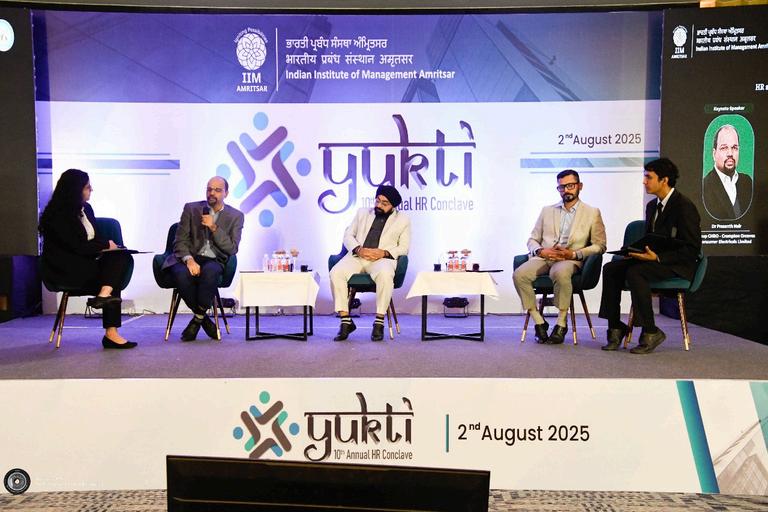
The event allowed me not only to welcome and engage with these eminent speakers but also to absorb their wisdom firsthand The planning of the opening remarks, the act of listening to every session, and the development of live transitions enabled me to hone my skills in public speaking and event management as well as enhance my understanding of the important role of HR in ensuring longterm organizational resiliency.
This has been an both an inspiring and a humbling experience at the same time, as both an opportunity to see how conscious HR leadership may build sustainable futures, and how I, in my own very modest capacity, could contribute to to a landmark event in the journey of IIM Amritsar


In 2014, Starbucks formed a collaboration with Arizona State University to launch its College Achievement Plan. Eligible U S employees receive advance waivers that cover the full amount of their online degree programs.
Starbucks projects that by 2025 roughly 25,000 of its workforce will have earned degrees, and by 2019, slightly fewer than 3,000 had already done so Those who sign up remain employed for twice the length and move into managerial positions at rates 2.5 times higher than their peers who pass up the initiative
In addition to its education programs, Starbucks likewise centres on the welfare of its employees Via its “14th Month Pay” program, Starbucks rewards all retail associates with an additional monthly compensation.
Far from a momentary perk, it is simply part of how Starbucks invests in its people. Through educational initiatives, Starbucks signals to employees: we back you and wish for you to thrive, in both your professional and personal worlds
In context of compensation and benefits, they signal that they’ve got your back going forward This reciprocal commitment nurtures trust and loyalty and affirmatively communicates that, yes, your future matters.
January 2025’s Ekagra turned the spotlight on “Agile HR: Redefining People Management for a Dynamic Workplace”, bringing together perspectives from industry leaders, professors, peers, and alumni on how HR is evolving to keep pace with change
Stakeholders at Stake, the HR case competition by HRithvi, challenged teams to solve real-world people management issues with creativity and strategy.
Participants stepped into the shoes of HR managers, navigating the challenge of evaluating talent, crafting compensation strategies, and making tough decisions under real-time pressure
The event pushed participants to showcase sharp decision-making, strategic insight, and practical application of HR principles while under intense time pressure

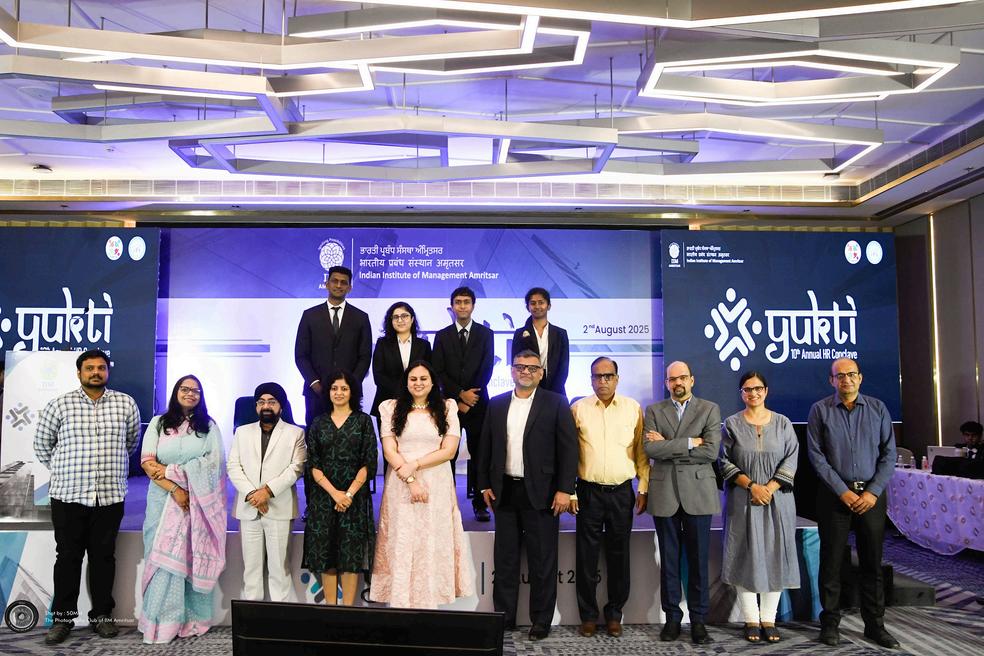
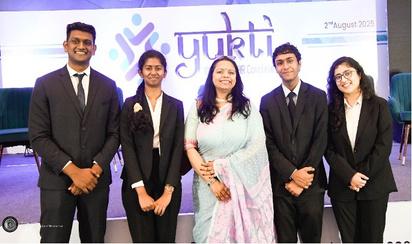
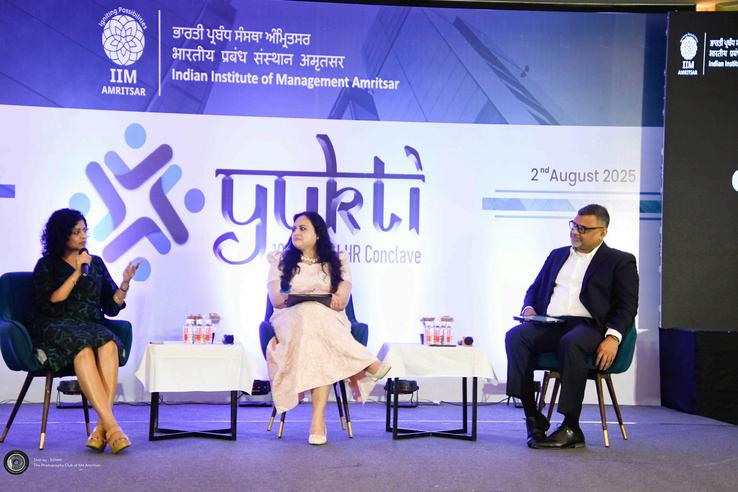
In August 2025, Yukti 10.0 the Annual HR Conclave of IIM Amritsar brought together industry leaders and budding managers to reflect on HR’s expanding responsibilities. The theme The Evolving Social Contract at Work explored how shifting expectations and societal forces are redefining the employer-employee relationship
The second theme, HR as the Custodian of Sustainability and Purpose, emphasized HR’s role in driving ethics, sustainability, and purpose within organizations Together, these discussions showcased how HR is shaping workplaces that are adaptive, responsible, and future-ready.

Faculty Mentor
Senior Coordinators SeniorCoordinators

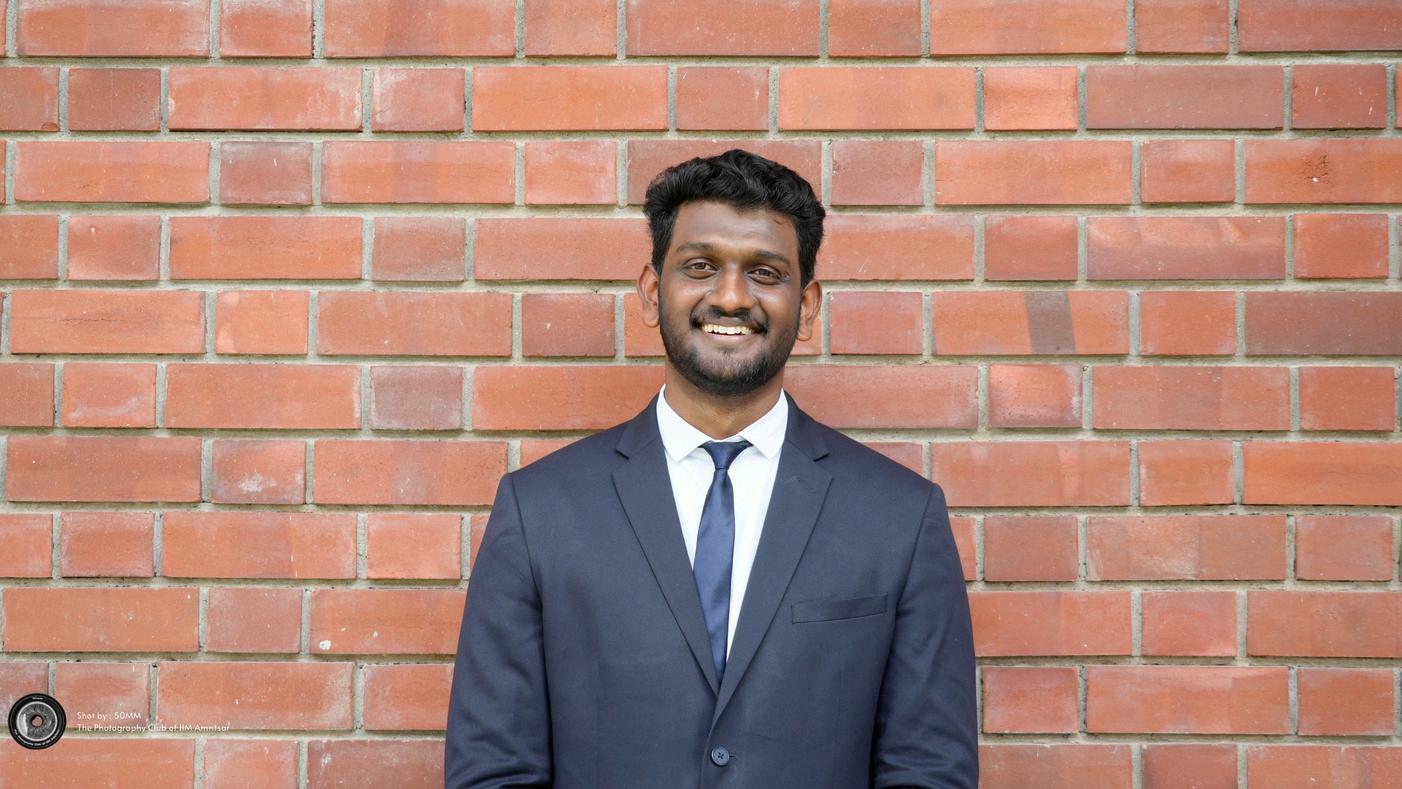

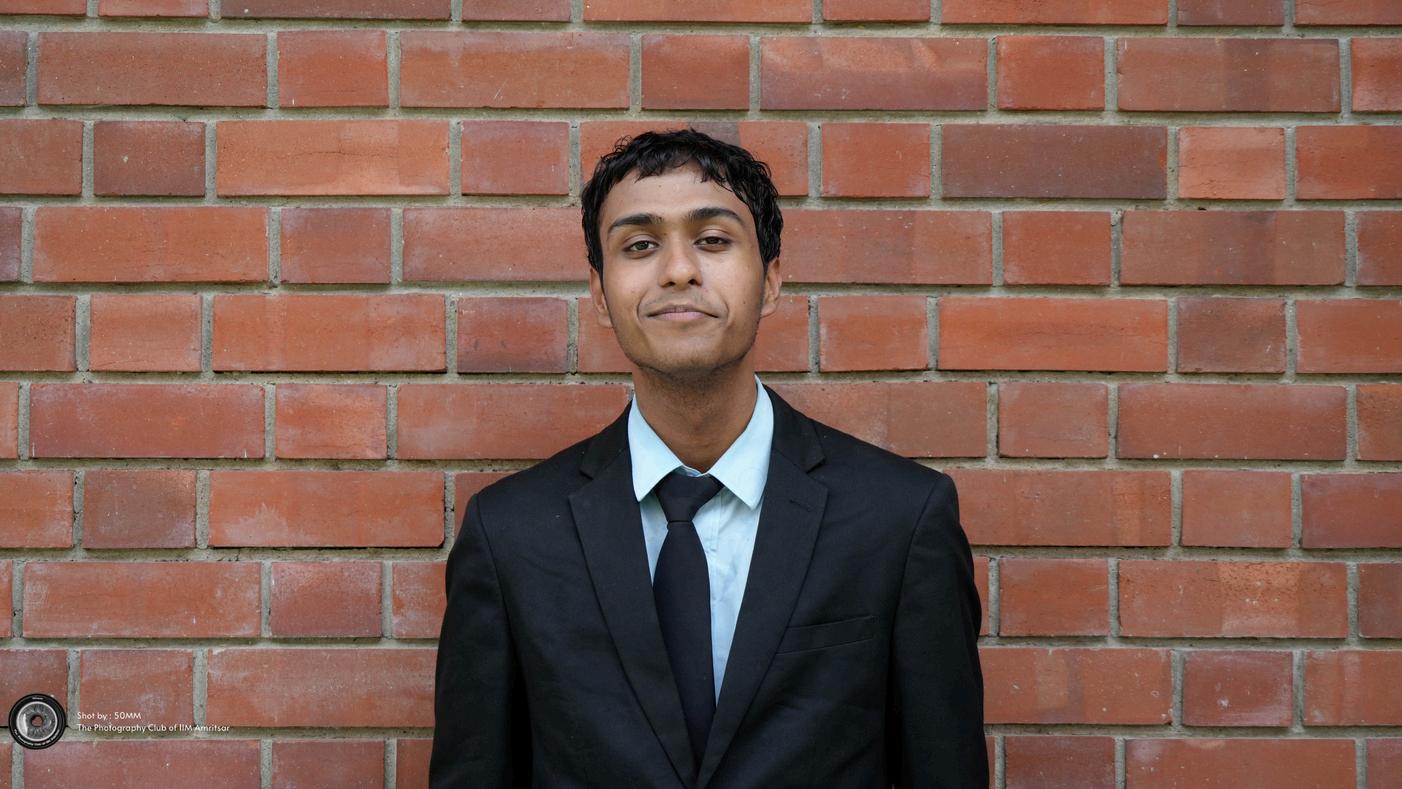
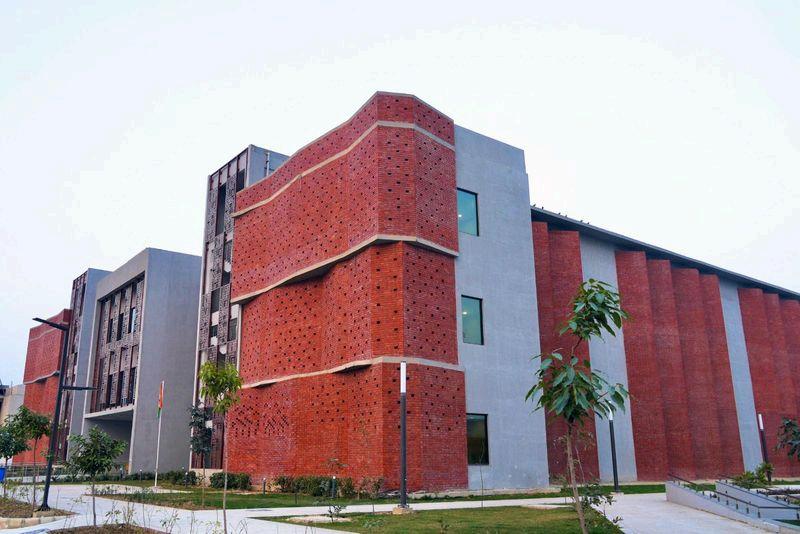

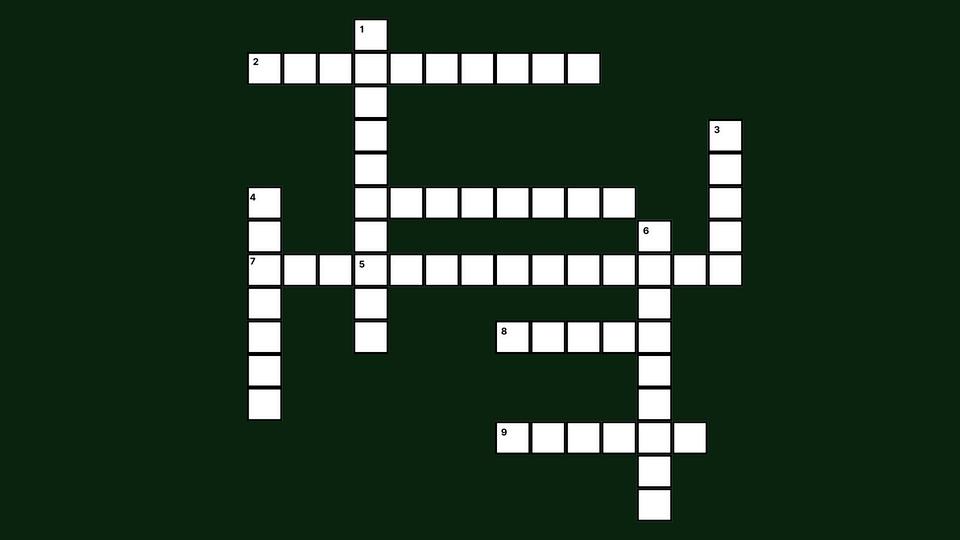
Down:
1. Guardrails on when work stops and life begins
3. Confidence that commitments will be kept
4. Learning that helps people move up, not out.
6. Fair compensation across comparable roles
Across:
2. A sense of being accepted and connected at work
5. Freedom to decide how work gets done
7. The modern give-and-get between employers and employees
8. Worker participation in decisions that affect them
9. Blended on-site and remote model
*Scan the QR for the answers


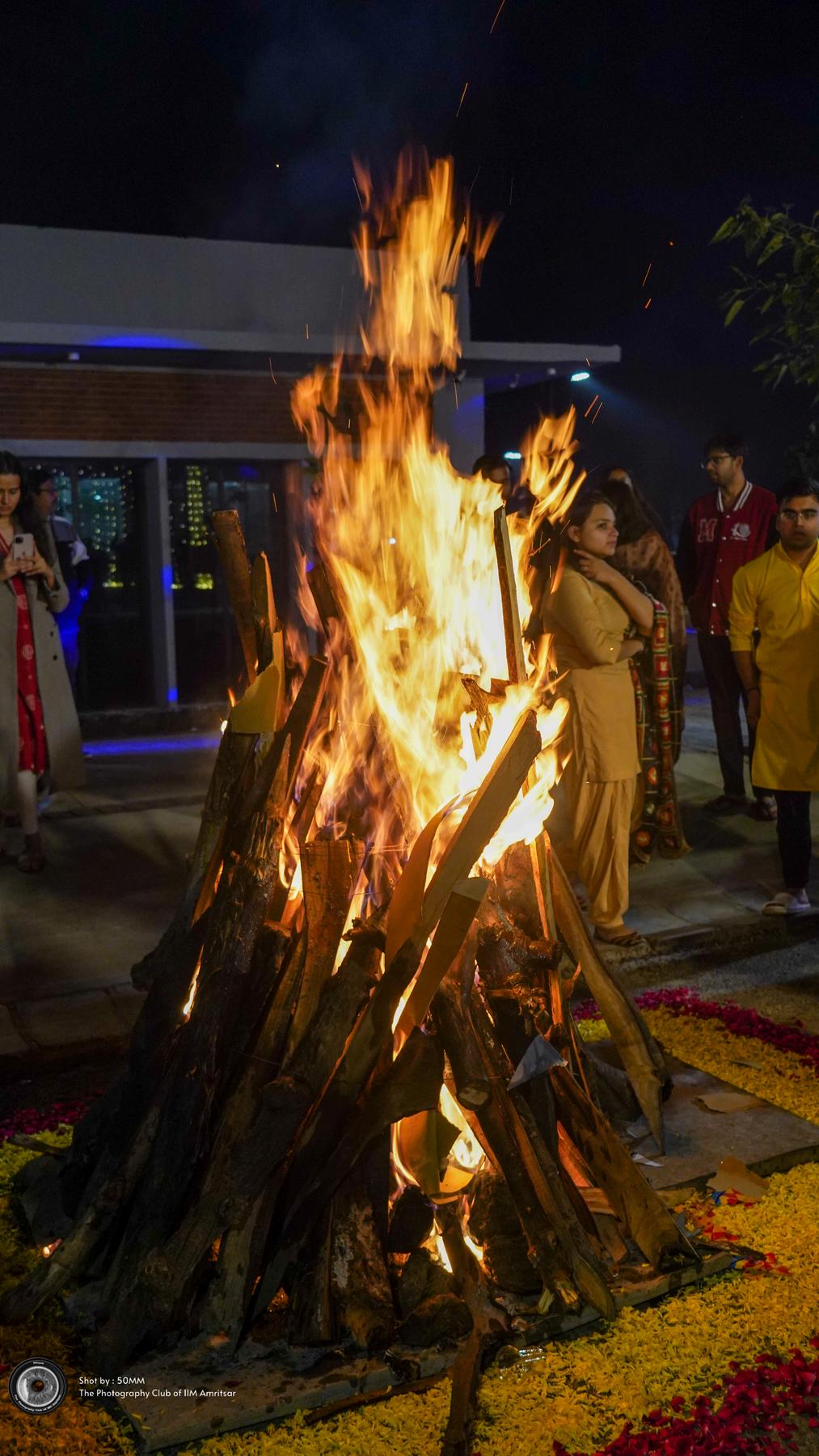
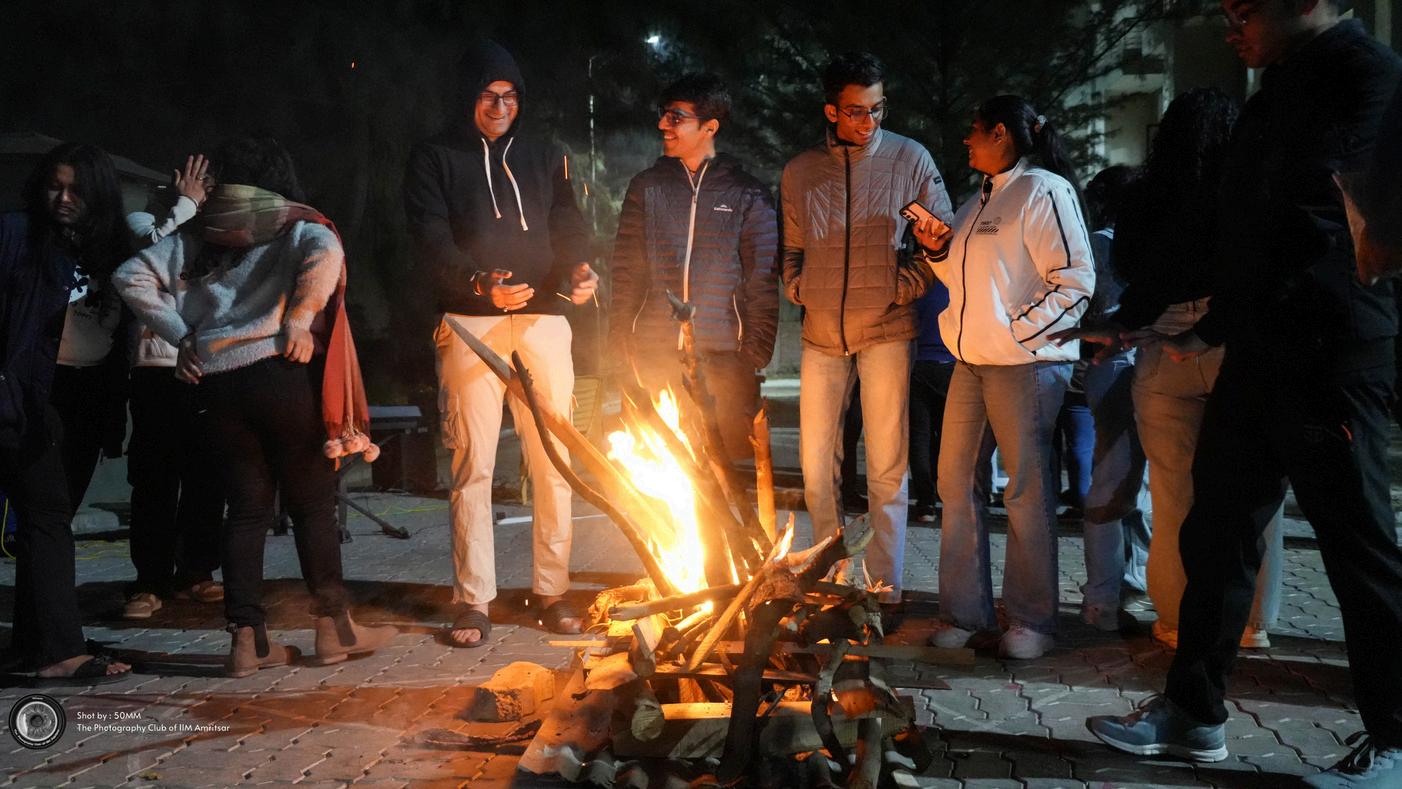



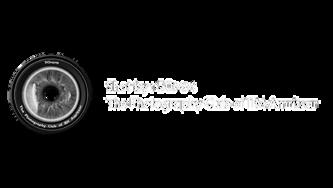
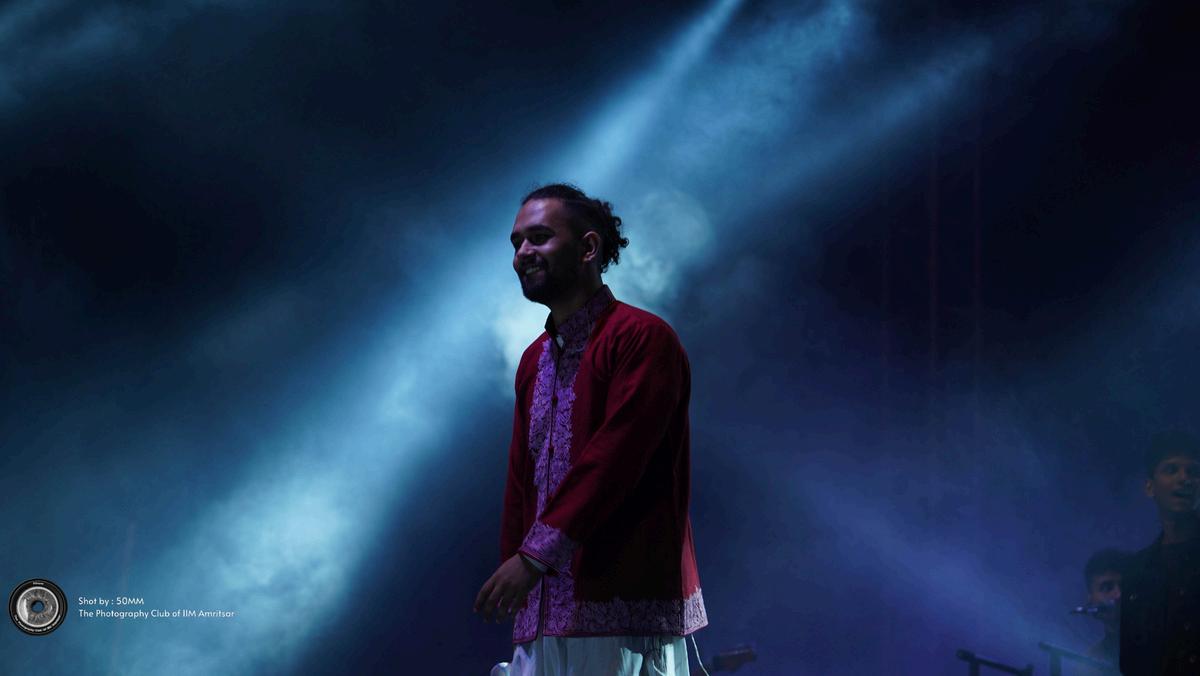


Work takes on new meaning when you feel you are pointed in the right direction. Otherwise, it's just a job, and life is too short for that.
-TIM COOK
